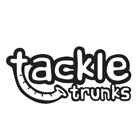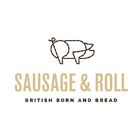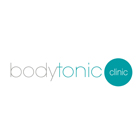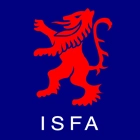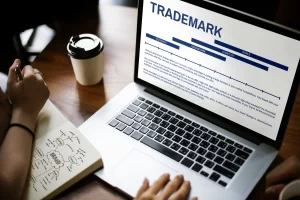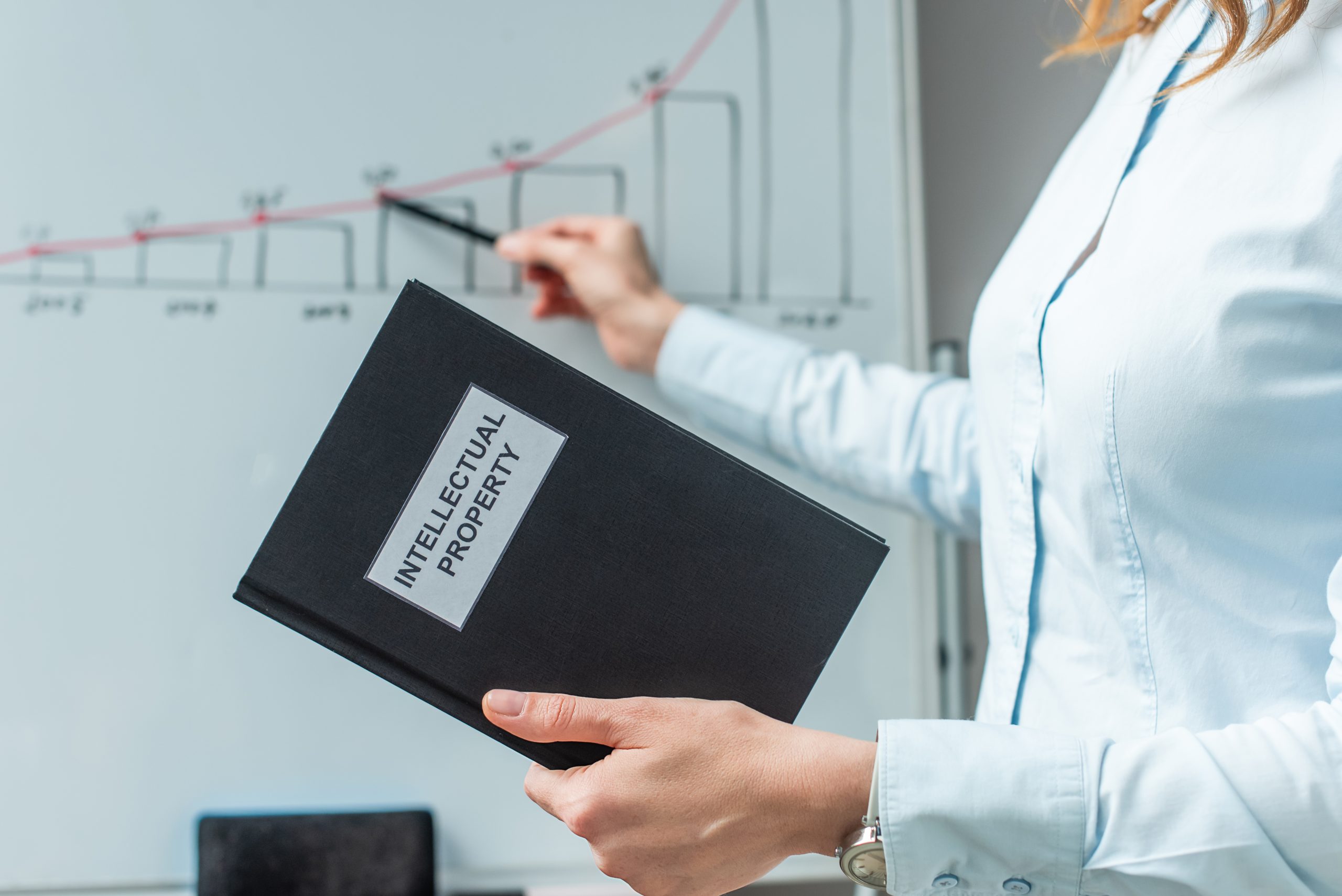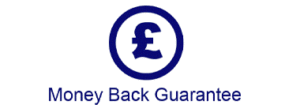Trademark Infringement
If somebody is using your registered trade mark (or a similar mark) without your consent, then it’s likely that they’re committing trade mark infringement and are profiting from your rights.
Taking early legal action to prevent damage to your business is essential.
Why is trade mark infringement harmful to your business?
Trade mark infringement refers to any unauthorised use of a registered trade mark by a third party. This violation of exclusive rights is likely to damage your business and its reputation, thereby diluting the valuable rights of your brand and diverting revenue from your business.
Individuals or businesses adopting competing trade marks in order to ride on another brand’s successful or positive reputation, often providing sub-standard quality products or service, will damage the repute of the earlier registered trade mark and also the business associated with it.
Sometimes, trade mark infringement occurs out of ignorance of the rights a registered trade mark provides, but this doesn’t lessen the potential for damage or the dilution of your registered rights.
Customers we have worked with
Different types of trade mark objections.
Registry objections to an application
Registry objections arise from Examiner’s interpretation and application of Trademark Law.
These objections can take different forms and include Absolute Grounds objections which can be raised where a trade mark is seen as descriptive of the goods and services applied for, or if it is deemed not to have sufficient inherent distinctiveness. There are also some words and emblems that are protected, and the Registry can as an example object to use of Royal names as well as crowns.
Not all objections are well-founded.
If you are applying for a trade mark through Trademark Eagle, we will advise you as to the likelihood of such objections before filing the application, and will also inform you on how best to avoid them.
If an Absolute Grounds objection (relating to the intrinsic qualities of the trade mark) is raised, we might recommend that we submit written arguments to counter the objection.
Alternatively, if the objection relates to the wording of the specification, then we will discuss this with you and suggest alternative, acceptable amendments.
A Registry objection is by no means definitive and should not be regarded as the end of the road for your trade mark.
Third-party objections during the application process
This also applies to third-party objections, which are raised by those who claim that a published application conflicts with their own trade mark interests.
The formal opposition process can be arduous and expensive for all involved.
These trade mark objections are typically made on Relative Grounds which means there is a likelihood that the public might confuse the proposed trade mark of a new business with an earlier trade mark owned by another individual or business.
At Trademark Eagle, these trade mark infringement complaints are often negotiated and resolved prior to an opposition being filed.
The majority of third-party objections are resolved amicably between the parties.
If a formal opposition is filed against your application, this will initiate a process whereby both parties are required to make their case to the Registry.
Even in this situation, there should not be cause for alarm, as the process allows for continued negotiations and our trade mark attorneys will often resolve matters or agree on a compromise with the opponent with the aim of allowing for mutual coexistence.

Budgeting for trade mark objections
With a success rate in excess of 99 per cent with the trade marks we file, our filing process includes extended searches in order to help our clients avoid objections and oppositions.
If a third-party objection is filed against a trade mark application, our trade mark attorneys will briefly review the matter and ask you to authorise professional time to enable them to thoroughly review the matter and provide you with their specific advice.
This includes a detailed analysis of the specific objection and other party’s rights, whether these rights are subject to proof of use because of their age, and your options to try and amicably resolve the matter.
Our review of the matter also includes drafting and sending a proposal that is relevant to the specific case, if appropriate.
Our experience shows that often four hours of professional time is required to provide you with the initial critical trade mark infringement advice briefly set out above.
We will always ask you to authorise any additional work required.
How can our team help?
If you require professional support with trade mark infringement in the UK, get in touch with Trademark Eagle today. We have a department dedicated to resolving trade mark infringement disputes and enforcing our clients’ rights.
Our specialist trade mark attorneys have years of invaluable experience dealing with all kinds of infringement and trade mark issues associated with intellectual property.
Our aim is to resolve these issues as swiftly and effectively as possible, ensuring our clients retain the exclusivity and investment in their valuable brand.
We recognise the need for cost-effective dispute resolution which resolves matters in the most commercially sensible way through either negotiation or formal proceedings.
We resolve the vast majority of disputes by negotiation, without the need for protracted opposition proceedings.
Our experienced team is sensitive to both the strengths and weaknesses of each particular case – providing sound commercial legal advice is our speciality.
To find out more about trade mark infringement and how we can help, give our professional team a call now on 0808 1890 302.
Calculate Fees X
